
Learn how much plumbers cost in Columbus, Ohio. Discover pricing for faucet repairs, pipe work, and emergency services, plus how you can save money.
No, it’s not normal for your pipes to make that noise
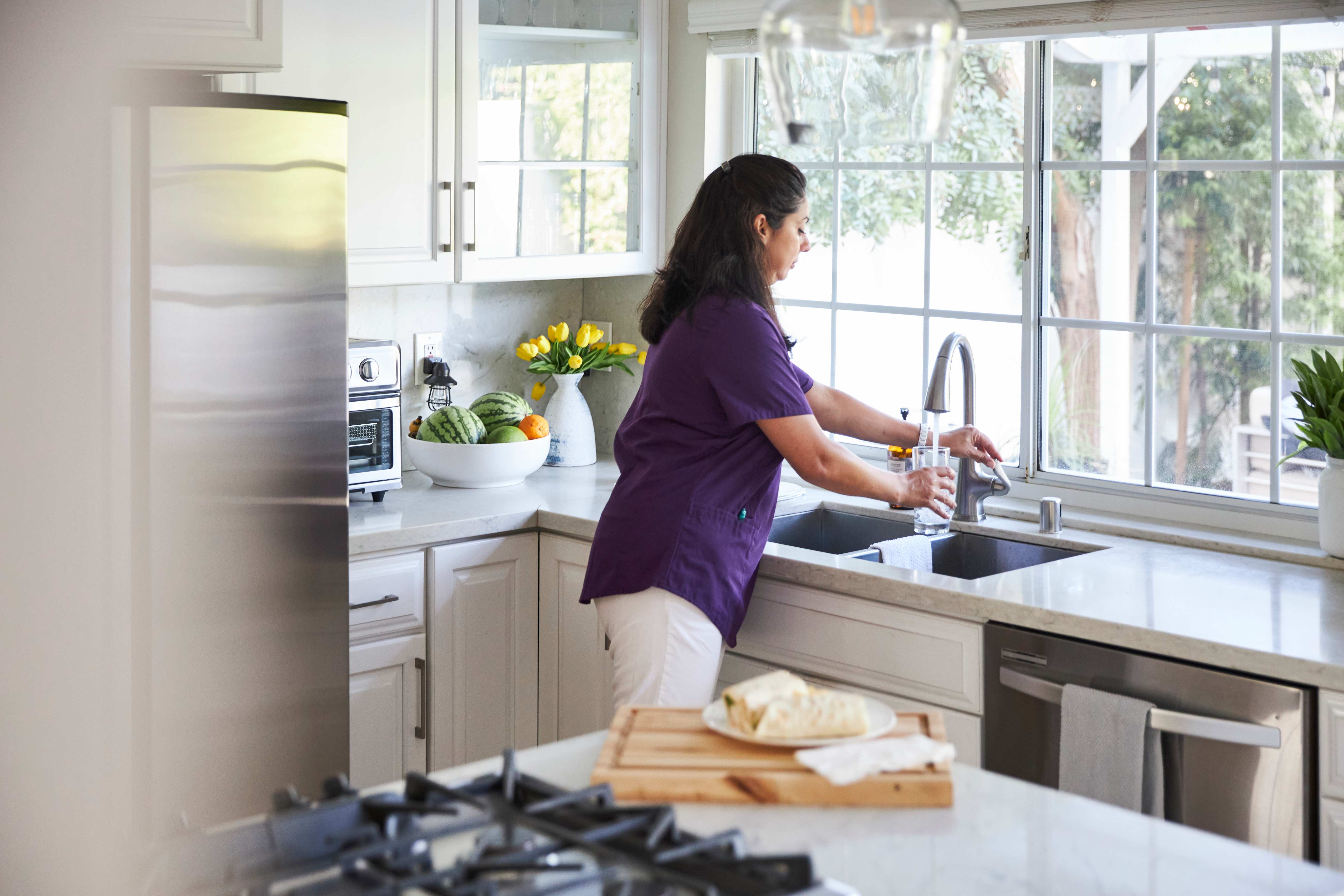

Signs of rusted pipes include discolored water, low water pressure, clogs, and leaks.
It’s best to hire a professional plumber to avoid further damage and costly repairs.
Prevent rusted pipes with regular pipe inspections, water testing or treatment, and corrosion-resistant materials.
Pipes are prone to rust and corrosion over time, which can cause leaks and other plumbing headaches. Corroded pipes can also affect the quality and flow of tap water. Homeowners should be aware of the early warning signs of rusted pipes to avoid costly repairs.
Metal pipes are subject to corrosion because water contains minerals that cause the interior walls of the pipes to deteriorate over time. If you live in a region with hard water, as many of us do, your pipes can rust even faster.
As rust builds up and pipes degrade, the quality and flow of the tap water might also be affected. That’s enough reason to call in a plumbing professional right away. But if you ignore the problem long enough, your pipes might simply give out, causing major water damage to your home.
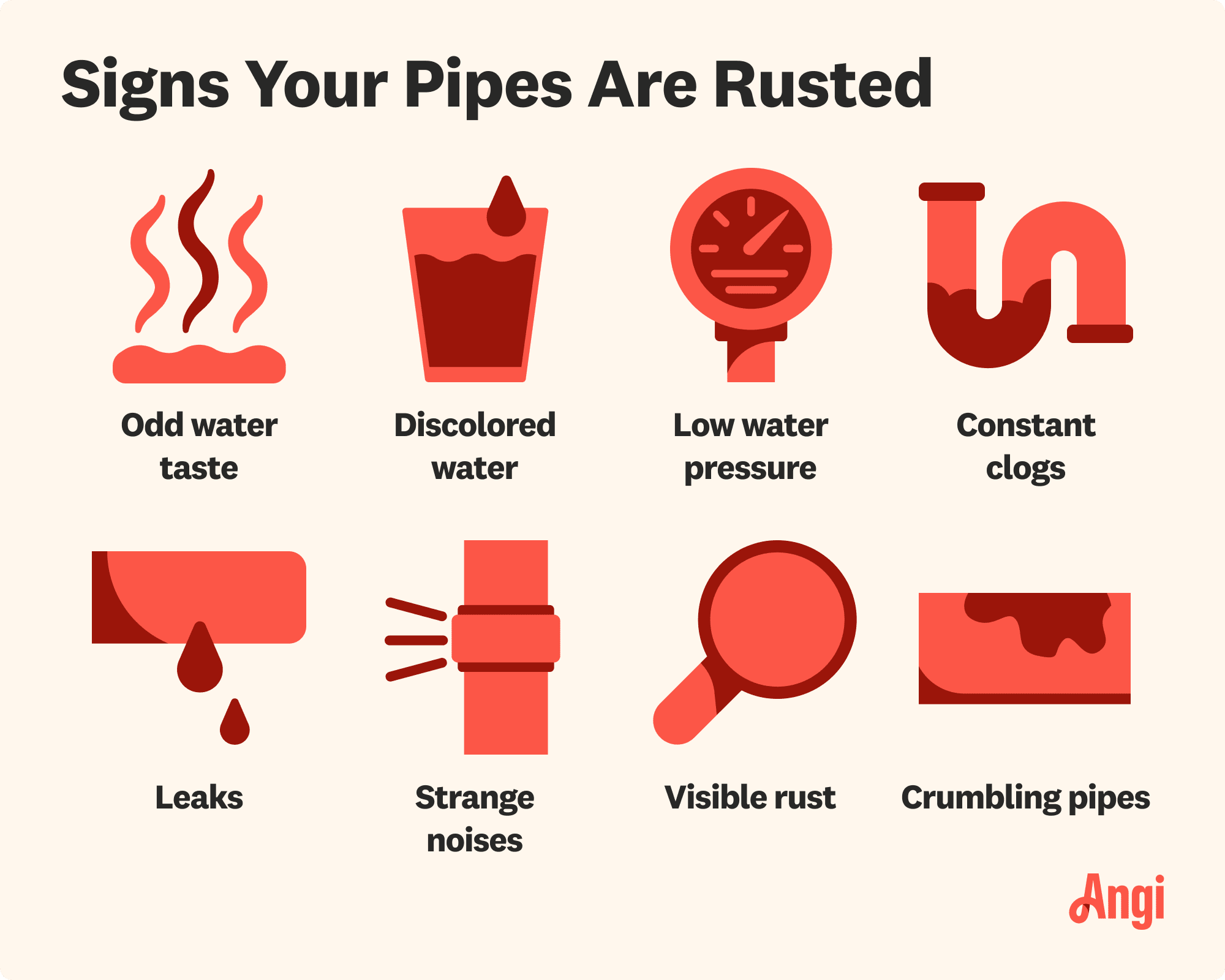
It’s worth noting that some plumbing problems could stem from an issue that’s currently affecting the entire water supply in your city or town. But if there is no widespread concern, it might just be your pipes. Here are some warning signs of rusted pipes.
If your tap water starts to taste like metal or has a strange odor, your pipes could be rusted. To keep your household safe and preserve the quality of your water, replace those pipes.
The rust buildup in your pipes could turn the water unsightly shades of yellow, red, or brown. It might not happen every time you turn on the tap, but you might spot it when you run a faucet or shower upon waking up.
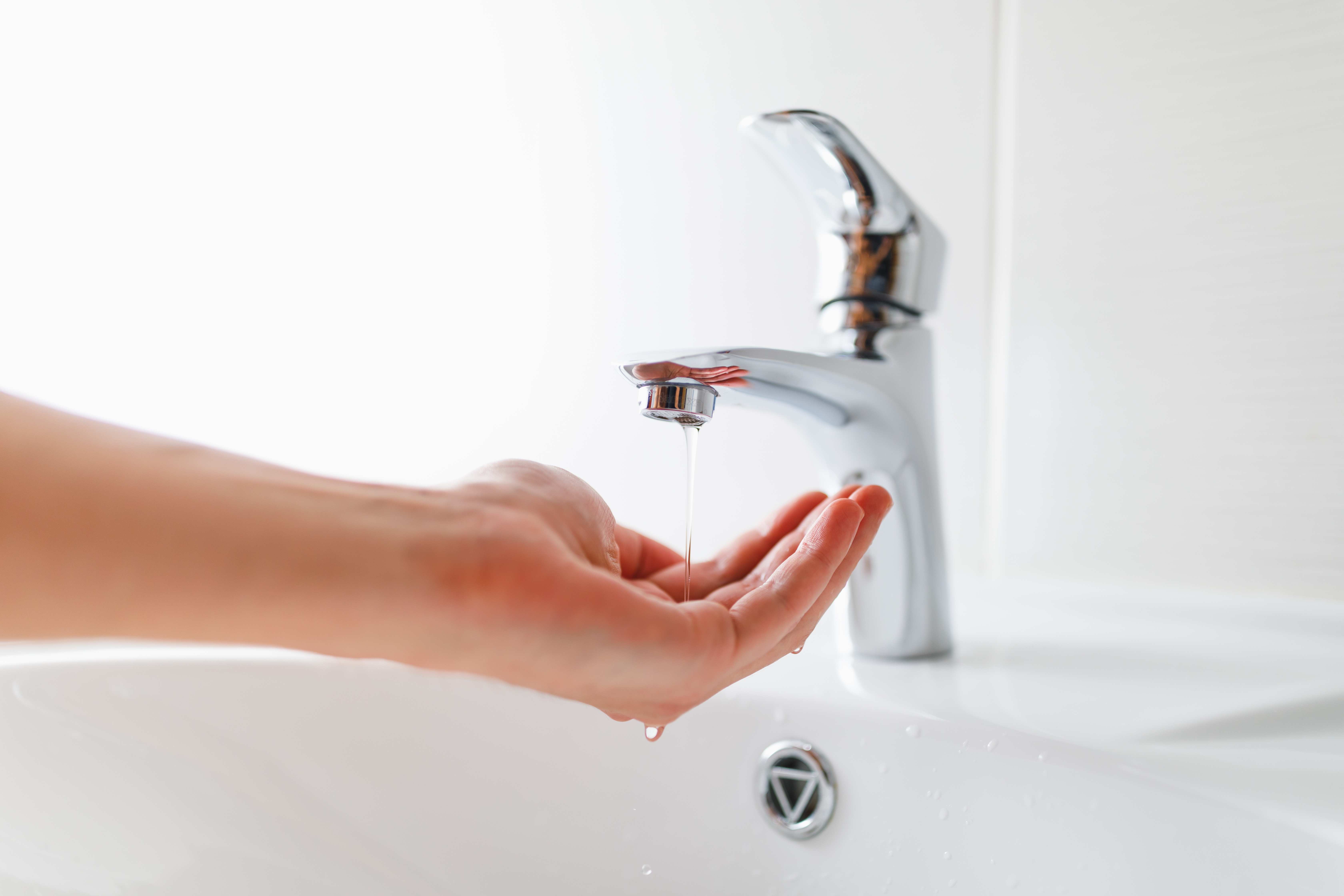
When rust accumulates inside the pipe walls, it blocks the water flow. If you start to notice low water pressure when you shower or run the faucet, you might have rusty pipes.
Just as water might be coming out of your pipes more slowly, it could also be taking its time going down the drain. If clogged drains are common in your household, it could be that your pipes are rusty, especially if you’re noticing other warning signs on this list as well.
Although plumbing leaks can be caused by various factors, a primary one is corrosion, which can weaken pipe walls. Don’t ignore what appears to be a minor leak—every small drip could mean a bigger plumbing problem in the (near) future.
Yes, it’s true that pipes in older homes often make a racket while in use. But if you live in a newer house or have just started to hear squeals, gurgles, bangs, or other alarming sounds coming from your pipes when the water is running, corrosion could be to blame.
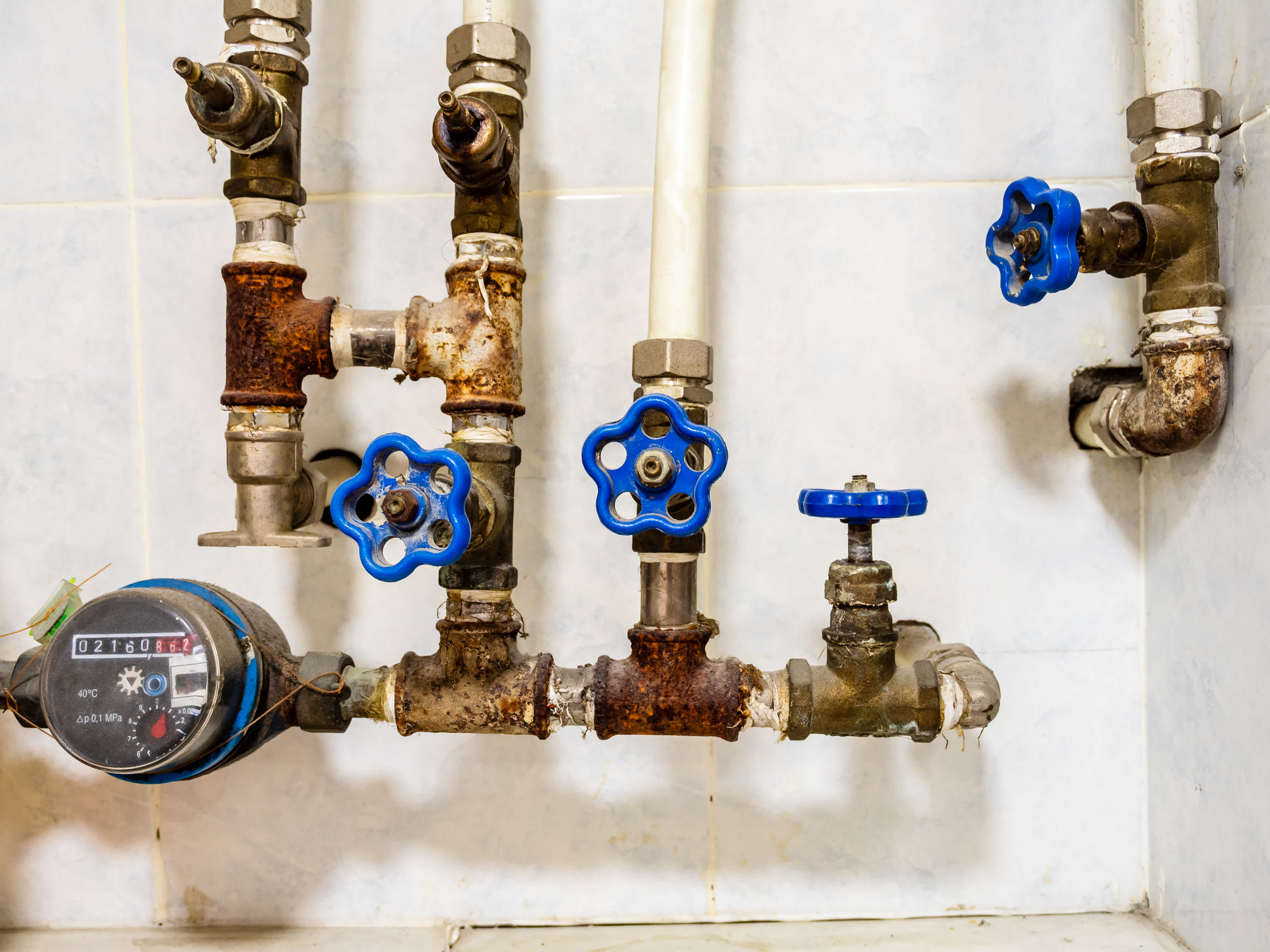
Pipes might start out shiny, but they dull over time with age and use. However, if you see reddish-brown flakes on exposed pipes and faucets or collecting around drain fittings, it’s a sure sign that your pipes aren’t aging gracefully—they’re corroding.
In advanced stages of corrosion, pipes might simply begin to give out. If you hear water dripping where it shouldn’t be, check beneath sinks to see if your pipes are still intact. If they aren’t, this certainly warrants an immediate call to your local plumber.
Rusted pipes put your water supply in peril. If you spot any of the above warning signs—and especially if you spot several of them at once—it’s a good time to make an appointment with a plumbing pro near you.
Remember, plumbing issues can grow from minor to major quickly. It’s always a good idea to call a plumber at the first hint of trouble rather than making an emergency appointment later.
Aside from plunging the occasional clogged toilet or sink drain, plumbing repairs are best left to the pros, who have both the knowledge and the tools to fix what’s ailing your pipes. An advanced DIYer might attempt a small fix for a leaky pipe successfully, but messing up pipe repair could cause more harm than good for your home.
Rusty pipes are bad news for your plumbing, but here’s some good news: You can prevent rust from happening in the first place. Here’s how to do it:
Keep pipes ventilated: Humidity and excess moisture speed up corrosion, so make sure pipes are well ventilated, especially those installed in crawl spaces, basements, and other moisture-prone areas.
Inspect pipes regularly: Look for rust spots or discoloration on exposed pipes and fixtures. If you see anything, call a plumbing professional so that you can resolve small issues before they become large ones.
Install the rust-resistant pipes: If you’re starting from scratch with plumbing, opt for materials like PVC, PEX, or copper that resist corrosion.
Have your water tested: If your water has a high acidic content or an improper pH balance, it’s not helping your pipes. A water treatment system could neutralize your water, which will protect your pipes from rust for longer.
Pipe replacement costs between $370 and $2,100, with an average project cost of $1,300. Your project’s actual cost will depend on the type of pipe materials used and labor costs, which range from $45 to $200 per hour.
Keep in mind that if your plumber is called on an emergency basis, your labor costs will run at the higher end of that range. As for the types of pipes, you can likely expect these material costs:
Chlorinated polyvinyl chloride piping (CPVC): $0.50–$3 per linear foot
Polyethylene piping (PEX): $0.40–$4 per linear foot
Copper: $2–$12 per linear foot
From average costs to expert advice, get all the answers you need to get your job done.

Learn how much plumbers cost in Columbus, Ohio. Discover pricing for faucet repairs, pipe work, and emergency services, plus how you can save money.
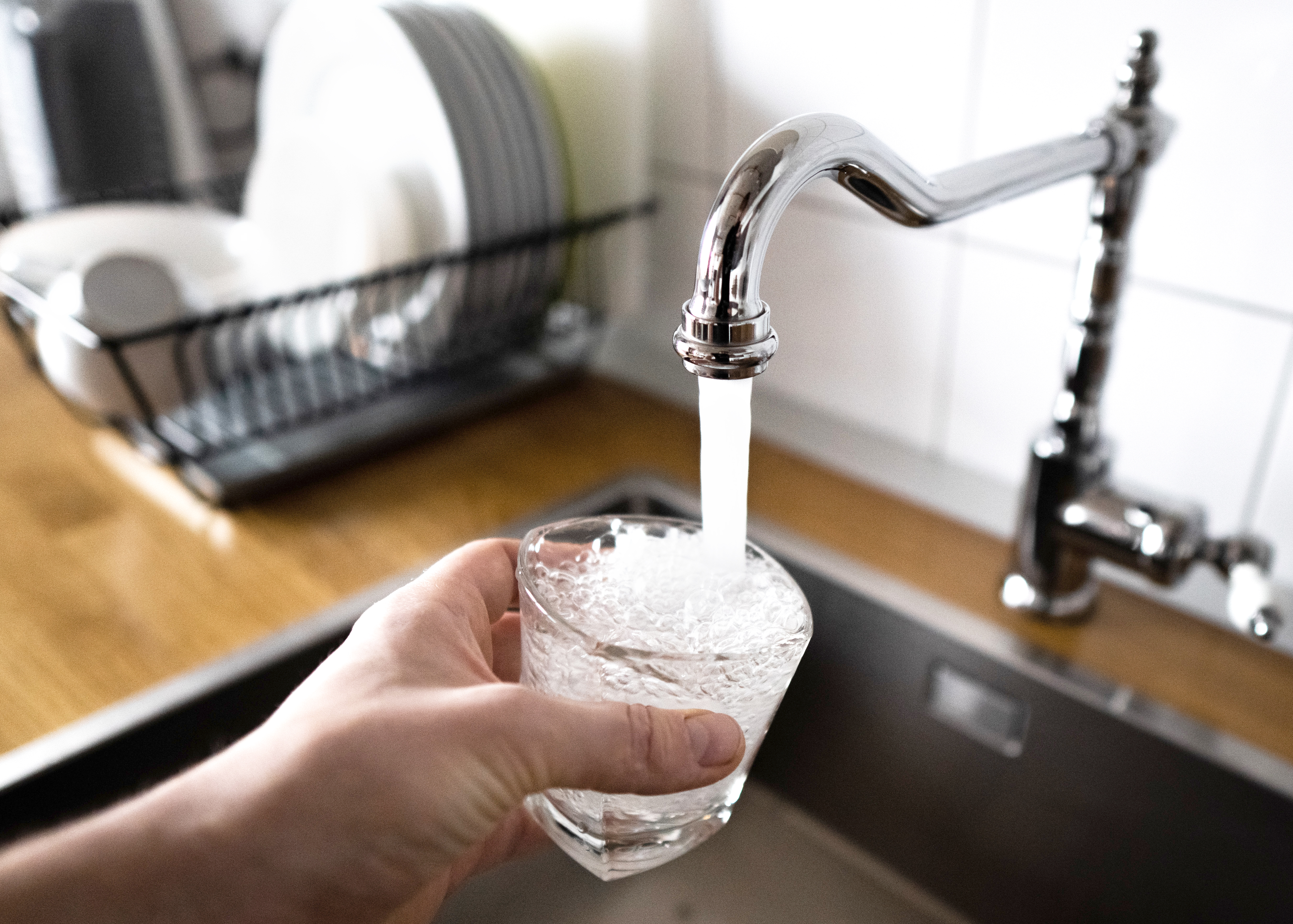
Learn about main water line repair costs in Columbus and what affects pricing to be prepared before you start getting estimates.
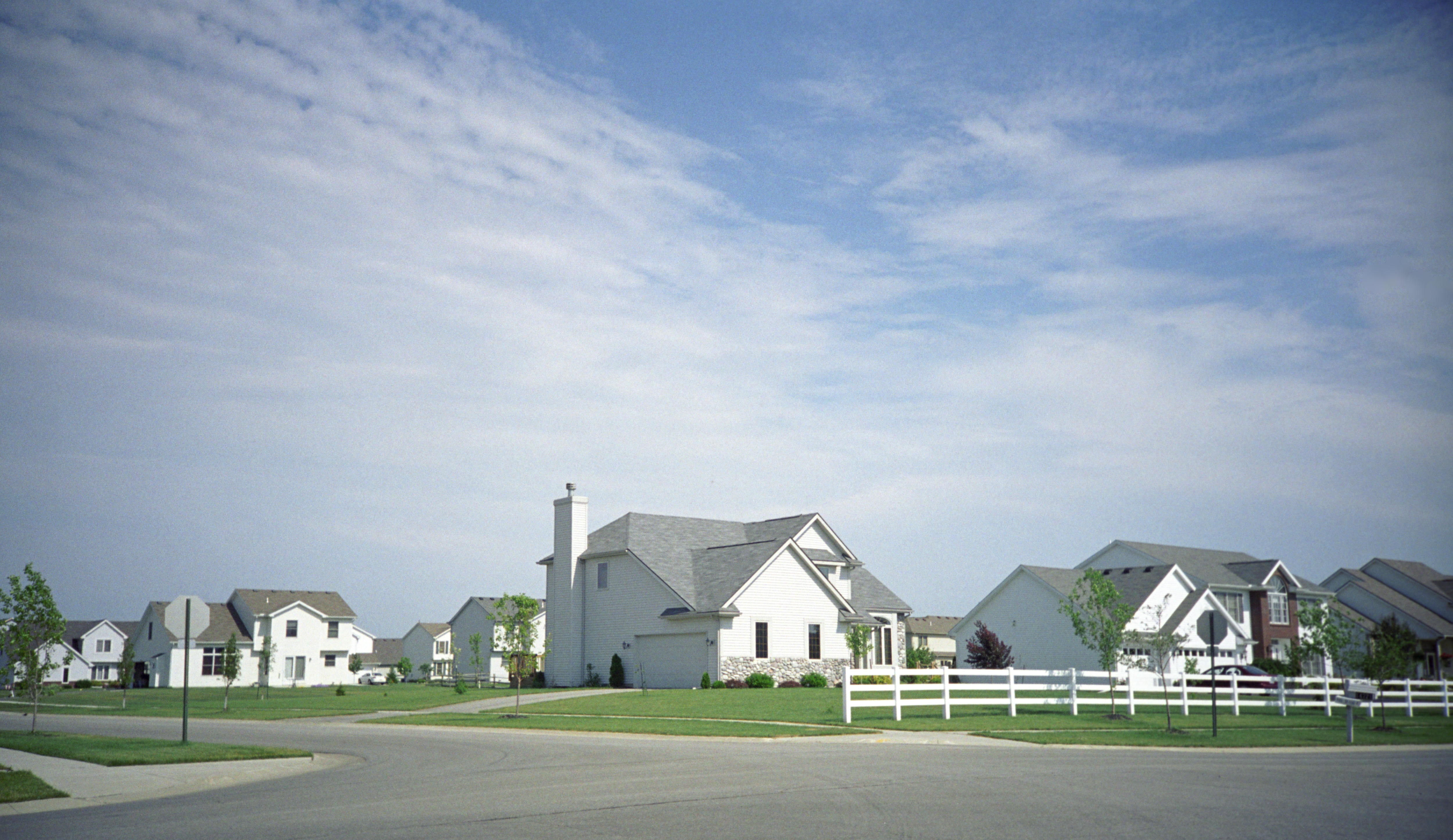
Discover the leading factors affecting your main water line replacement cost in Columbus, including length, material selection, and installation details.

Looking for the best kitchen sink materials? We’ve got you covered. Here’s a comprehensive list of kitchen sink materials and how they measure up.

Need to stop a plumbing leak quickly and minimize water damage in your home? Buy yourself some time with these temporary fixes for a leaking pipe.

Learn about the best types of bathroom faucets to modernize your bathroom, whether you're renovating or replacing a broken faucet. There are many stylish options in every budget range.